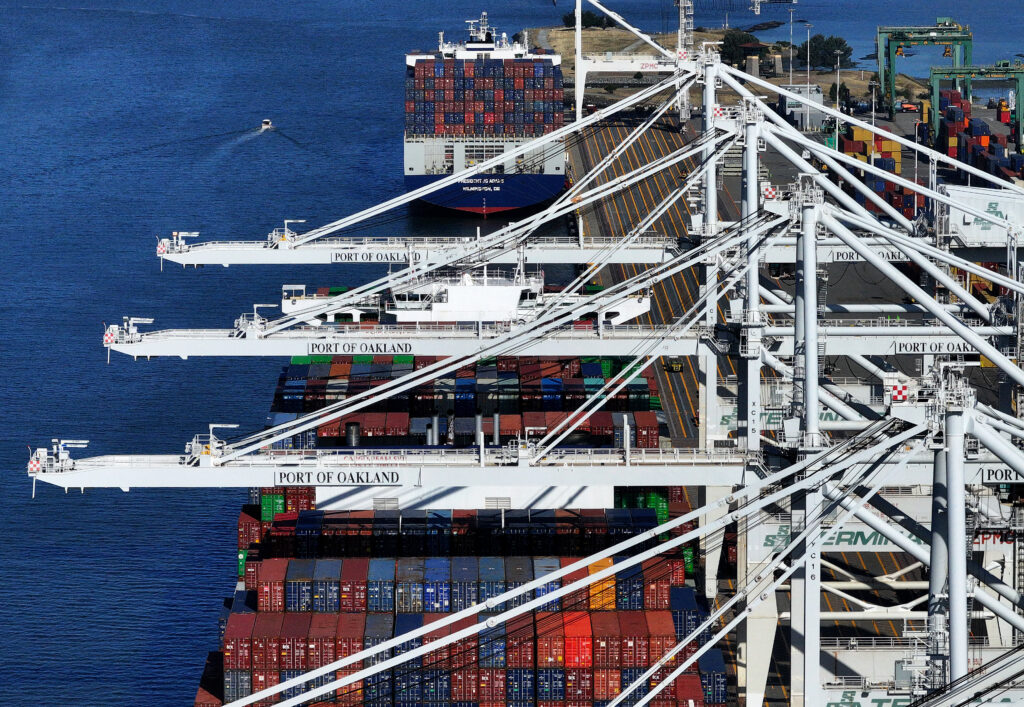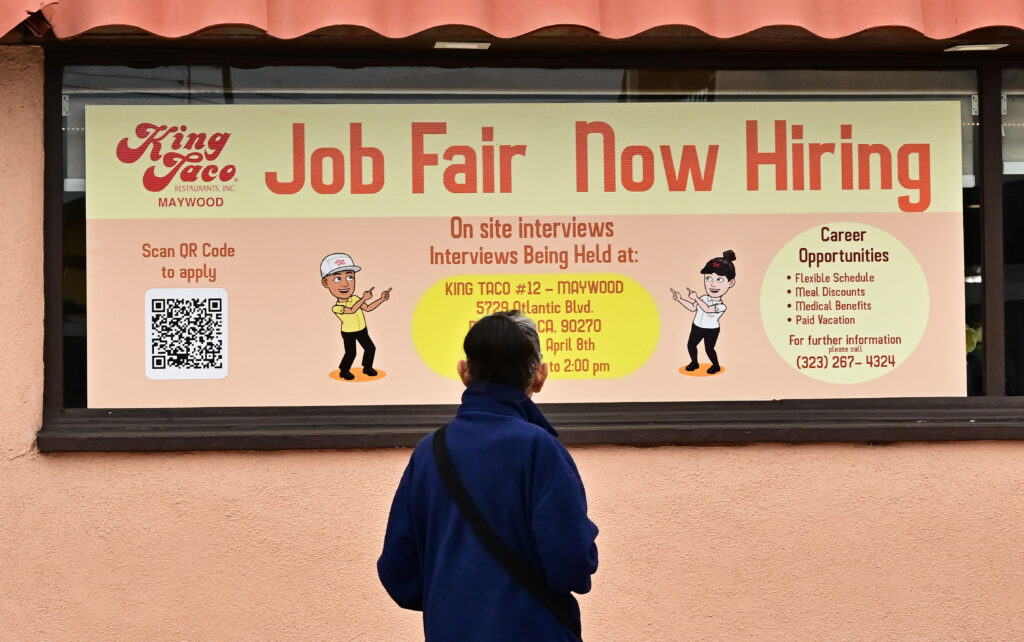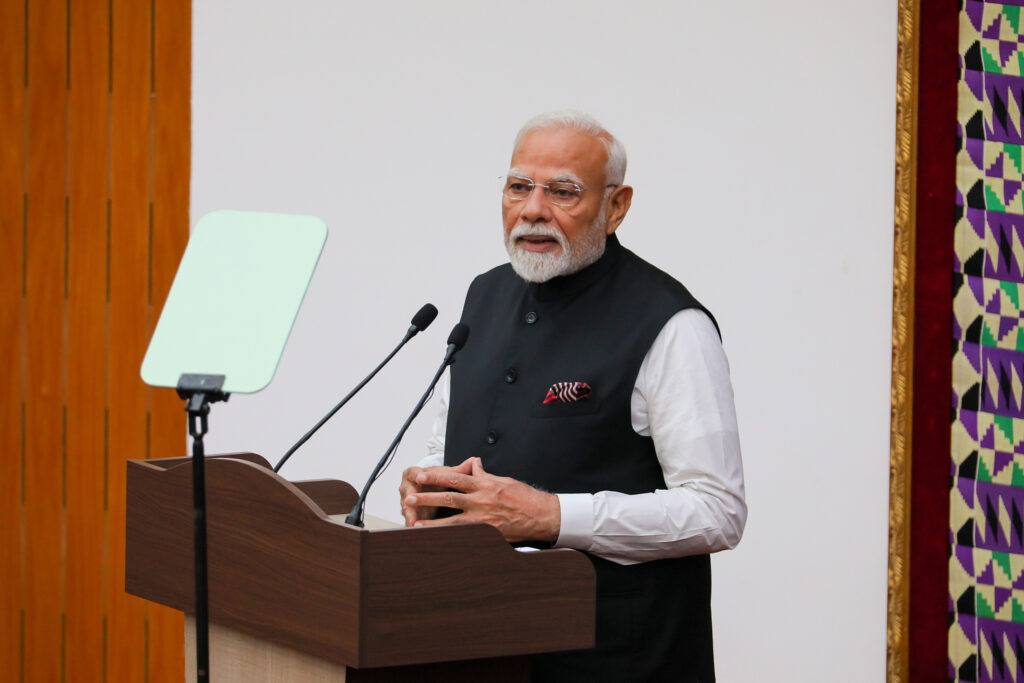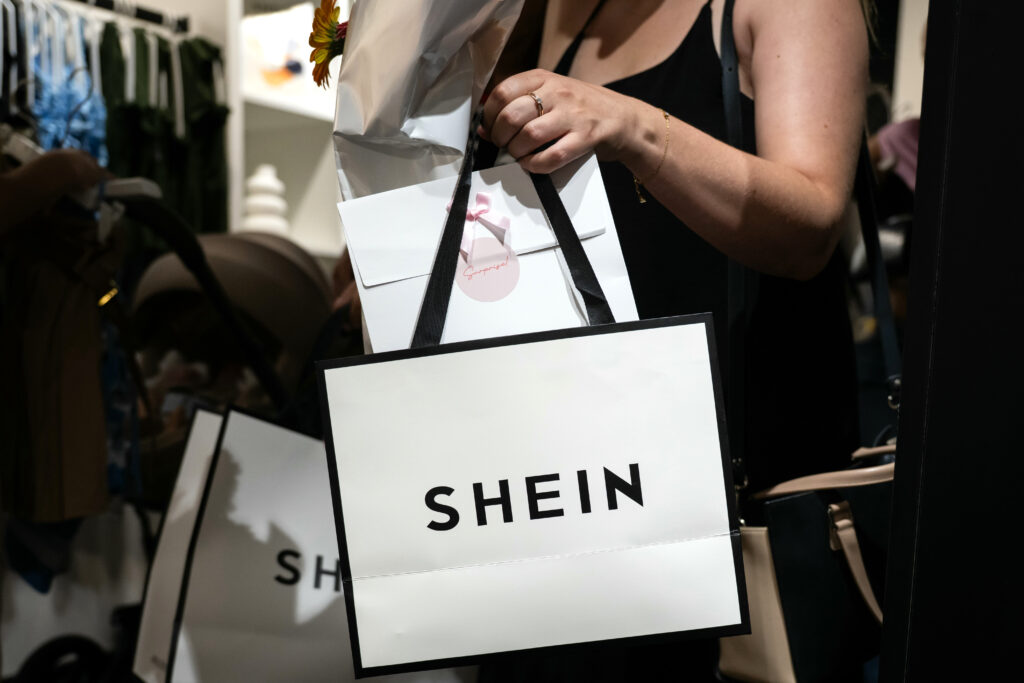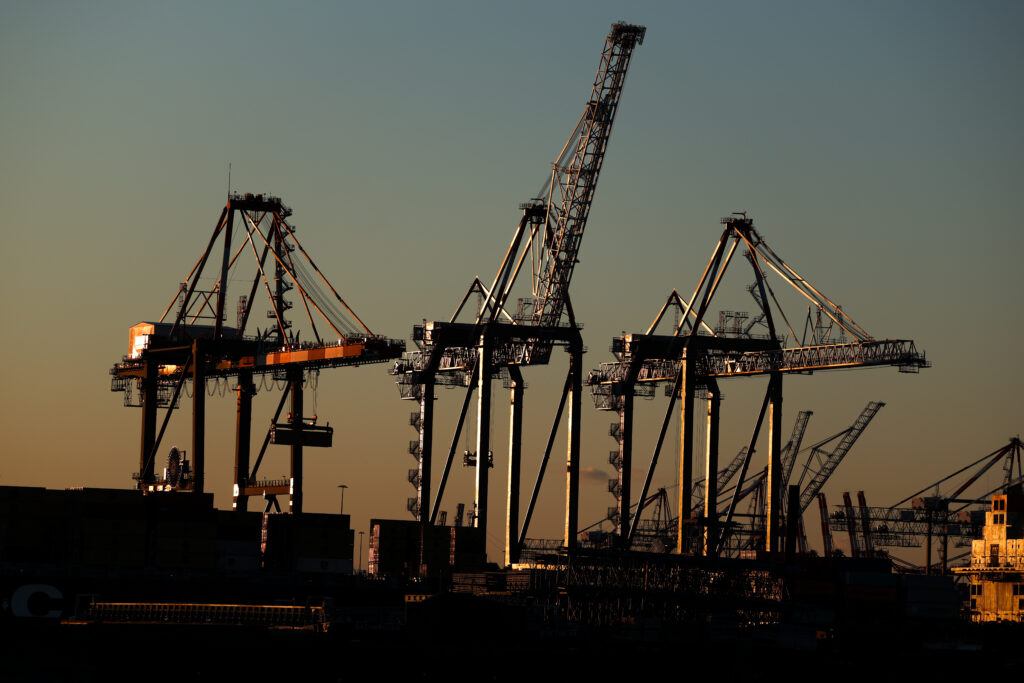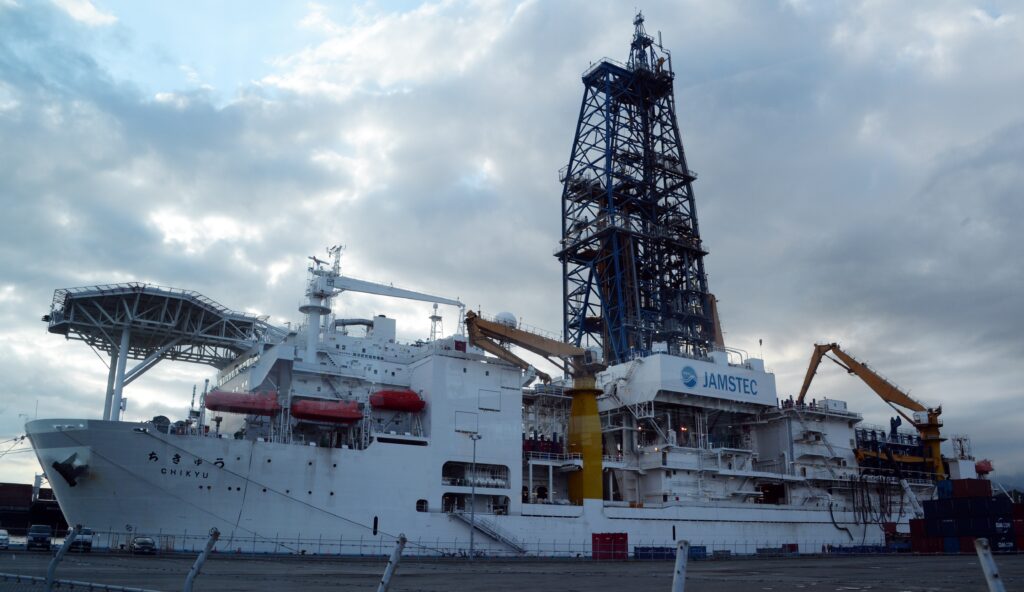France praises China Cognac progress, warns of unresolved issues
France on Friday praised steps taken by China to settle a long-running trade dispute concerning European brandies but warned that a number of “major issues” remained unresolved.The tentative signs of a thaw in the row over the prized tipples came as China’s Foreign Minister Wang Yi was set to meet French President Emmanuel Macron and Foreign Minister Jean-Noel Barrot in Paris later Friday.In recent months China and the European Union have butted heads over Beijing’s generous subsidies for its domestic industries.Beijing launched an investigation last year into EU brandy, months after the bloc undertook a probe into Chinese electric vehicle (EV) subsidies.In the latest salvo in the trade spat, from Saturday China will require major European brandy exporters to raise prices or risk anti-dumping taxes of up to 34.9 percent.But Beijing also said that several major French cognac producers had signed onto a price commitment to avoid the tariffs as long as they sell at or above an agreed minimum price.France’s umbrella cognac makers association BNIC, which includes key producers from Hennessy to Remy Cointreau and Martell, confirmed that market players had agreed to price increases in China to avoid anti-dumping taxes.French cognac and liqueur maker Remy Cointreau pointed to “an alternative that is significantly less punitive than the application of definitive anti-dumping duties.”- ‘Positive step’ – Both Macron and Barrot praised China’s steps to resolve the dispute but stressed they would discuss the outstanding differences with Wang.”This is a positive step towards resolving this dispute, which was threatening our exports,” Macron said on X.”I will continue to raise these issues with the Chinese authorities this afternoon.”In a statement to AFP Barrot said: “Several major issues remain unresolved, in particular the exclusion of certain players from the scope of the exemptions.” “We remain fully committed to reaching a definitive solution based on the conditions that existed prior to the investigation,” he said.China’s Wang held fraught meetings with his counterparts during a tour of Europe earlier this week.Almost all EU brandy is cognac produced in France, exports of which to China are worth 1.4 billion euros ($1.6 billion) per year.French liquor giant Jas Hennessy said it would be hit with levies of 34.9 percent if it reneges on the deal.Remy Martin will be hit with 34.3 percent and Martell 27.7 percent.”The decision to accept the price commitment once again demonstrates China’s sincerity in resolving trade frictions through dialogue and consultation,” a Chinese commerce ministry spokesperson said in a statement.However, the European Commission said Friday after the announcement that it “regrets China’s decision”.”We believe that China’s measures are unfair. We believe they are unjustified,” said the commission’s trade spokesman, Olof Gill.”We believe they are inconsistent with the applicable international rules and are thus unfounded.”- Upcoming summit -China has sought to improve relations with the European Union as a counterweight to superpower rival the United States.But deep frictions remain over their economic relationship, including a yawning trade deficit of $357.1 billion between China and the EU, as well as Beijing’s close ties with Russia despite Moscow’s war in Ukraine.A trade row between Beijing and the bloc erupted last summer when the EU moved towards imposing hefty tariffs on electric vehicles imported from China, arguing that Beijing’s subsidies were unfairly undercutting European competitors.Beijing denied that claim and announced what were widely seen as retaliatory probes into imported European pork, brandy and dairy products.The bloc imposed extra import taxes of up to 35 percent on Chinese EV imports in October.Beijing later lodged a complaint with the World Trade Organisation, which said in April that it would set up an expert panel to assess the EU’s decision.China and the EU are scheduled to hold a summit this month to mark the 50th anniversary of the establishment of diplomatic ties.Bloomberg News reported on Friday, citing unnamed sources, that Beijing intends to cancel the second day of the summit, a sign of tensions between Beijing and Brussels.

